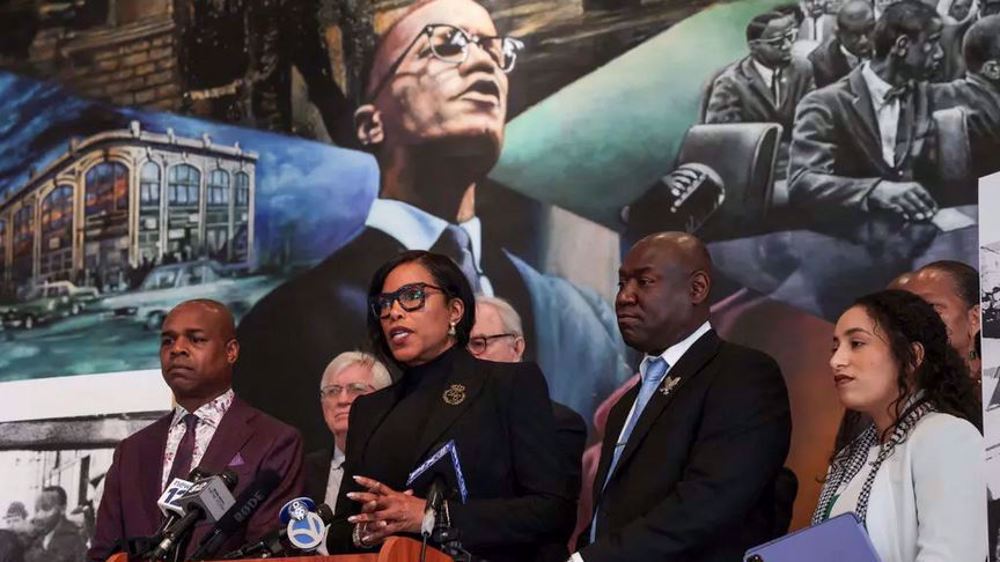TSA official removed from post amid congressional scrutiny
The head of security for the US Transportation Security Administration (TSA) has been removed from his position after the agency was criticized by a congressional committee for long lines at airport security checkpoints.
Kelly Hoggan, the TSA’s assistant administrator for the Office of Security Operations since May 2013, was replaced by his deputy, Darby LaJoye, according to an internal TSA memo released on Monday by agency head Peter Neffenger.
Long security lines at American airports in recent months have frustrated travelers and caused thousands of passengers to miss their flights.
TSA has blamed the problem on a lack of adequate security screeners and an increase in air travel.
On May 12, Hoggan was criticized at a US House of Representatives Oversight Committee hearing for receiving more than $90,000 in bonuses and awards during a one-year period in 2013-14.
At the hearing, Neffenger, was questioned why Hoggan was given the huge bonuses when security lines were not improving.
Three former TSA employees recently testified in Congress that they were retaliated against after "directed reassignments," where employees who have highlighted wrongdoing within the administration are shifted to other assignments.
Neffenger said then that he did not "tolerate" potential retaliation against whistleblowers and pledged to "look into it."
The US Department of Homeland Security, which oversees TSA, has detailed numerous security failures at airports around the country.
About 231 million passengers will fly on US airlines from June through August, an increase of 4 percent from the same period last year, according to trade group Airlines for America.
The TSA has also come under scrutiny over a series of serious security breaches, with a new report showing that the agency failed 95 percent of undercover tests carried out by the Department of Homeland Security in airports.
In 2007, the researchers studied the specific effects of a change to security practices instituted by the TSA after the September 11, 2001 terror attacks. They concluded that this change reduced the number of air travelers by 6 percent, and estimated that consequently, 129 more people died in car accidents in the fourth quarter of 2002.
VIDEO | 85% of Yemeni displaced people face daily hunger crisis
US House passes bill targeting charities and pro-Palestine groups
VIDEO | Supporting Gaza genocide
Hezbollah attacks Israeli forces after Lebanese homes blown up
World leaders, states hail ICC arrest warrants for Netanyahu, Gallant
MP: US accountable for possible Israeli 'foolishness' to attack Iraq
VIDEO | Israeli policies strangle Palestinian agriculture, economy
Iran's president offers condolences to Pakistan over terrorist attack










 This makes it easy to access the Press TV website
This makes it easy to access the Press TV website